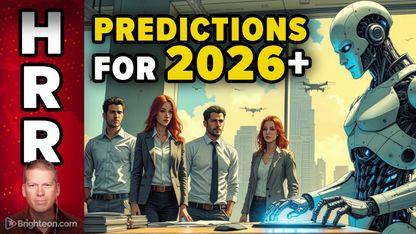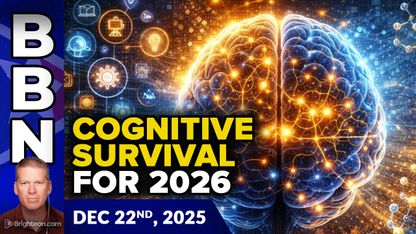
- VideoLAN introduced a new feature for VLC that uses AI to generate real-time subtitles and translations for videos offline, supporting over 100 languages without relying on cloud services.
- VideoLAN highlighted the feature's ability to run locally on users' devices, ensuring privacy and accessibility for those with limited internet access.
- The AI subtitling and translation feature offers convenience and accessibility. However, concerns about accuracy, computational demands and ethical AI sourcing remain.
- New feature was announced as VideoLAN announced that VLC has been downloaded six billion times worldwide even as the program remains free, ad-free and privacy-focused, with no data collection or commercial revenue streams, continuing its legacy as a versatile, open-source and user-centric media player.
Nonprofit organization VideoLan, in charge of the massively popular open-source media player VLC, has showcased its new artificial intelligence-powered feature that can provide offline subtitling and translations for videos in real time.
The feature was first demonstrated at the Consumer Electronics Show (CES) 2025 in Las Vegas. It supports over 100 languages, leverages open-source AI models to generate subtitles directly on users’ devices without relying on cloud services or internet connectivity. (Related: AI, AI and even more AI: Nvidia announces projects and products lined up for 2025 at CES.)
The announcement comes as VideoLAN celebrates a staggering milestone of six billion downloads worldwide, cementing VLC's status as a global media player powerhouse even in the era of streaming dominance.
The new subtitling system, demonstrated by VideoLAN president Jean-Baptiste Kempf, marks a significant leap forward in accessibility and convenience for VLC users.
"At the same time, we have automatic translation working to translate the subtitles to your own language," Kempf explained during the CES demo. "What's important is that this is running on your machine locally, offline, without any cloud services. It runs directly inside the executable."
This innovation addresses a long-standing challenge for VLC users, who have traditionally had to manually download subtitle files (often in .srt format) or rely on pre-embedded captions. The AI-powered solution promises to streamline the viewing experience, making it easier for users to enjoy content in their preferred language, whether it’s a downloaded movie, a lecture, or a live stream.
VideoLAN's journey began in 1996 as Kempf's student project while he was at Ecole Centrale Paris in France. The program was aimed at streaming videos across campus. Over the years, VLC has evolved into one of the most widely used media players globally, renowned for its versatility, open-source nature and commitment to user privacy.
Unlike many open-source projects that struggle to sustain themselves, VLC has remained free to use, ad-free and devoid of any data collection or commercial revenue streams.
“The number of active users of VLC is actually growing, even in this age of streaming services,” Kempf noted in a LinkedIn post, underscoring the media player’s enduring relevance.
AI subtitling and translations could enhance accessibility for millions
The AI-powered subtitling feature is poised to enhance accessibility for millions of users worldwide. By generating subtitles and translations locally, VLC ensures that users in regions with limited internet access or those concerned about privacy can still benefit from the technology.
Natacha Holtzhausser, VLC's chief marketing officer, emphasized the broader implications of the innovation.
"This isn't just about subtitles; it's about inclusivity and enriching the way we consume content globally," she said.
However, the feature is not without its challenges. AI-generated subtitles, while convenient, can sometimes be less accurate than those created by humans.
Additionally, concerns have been raised about the computational resources required to run the feature, as well as the potential use of OpenAI's Whisper speech-recognition technology, which has sparked debates about the ethical sourcing and training of AI models.
VideoLAN has not yet announced a release date for the AI subtitling feature, leaving users eager for more details. The organization plans to share additional information in an upcoming blog post, including specifics about the open-source AI models being used and the system requirements for running the feature.
Watch this episode of the "Health Ranger Report" as Mike Adams, the Health Ranger, warns about how future AI use must be grounded in humanity.
This video is from the Health Ranger Report channel on Brighteon.com.
More related stories:
Nvidia unveils Project DIGITS: A personal AI supercomputer for the masses.
Reno Rolle on the Health Ranger Report: How AI could break Hollywood's stranglehold on culture.
Nvidia announces its own large language model, promises faster and more accurate responses.
Sources include:
Please contact us for more information.













